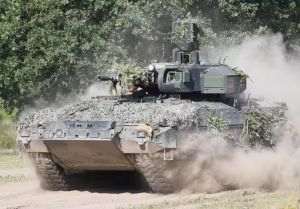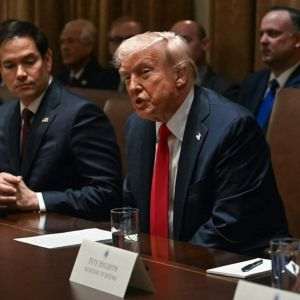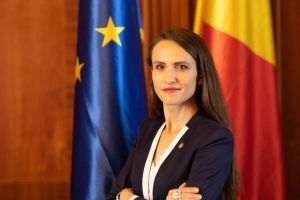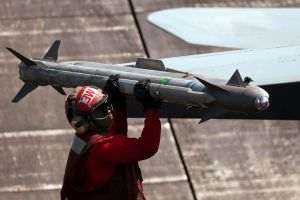• Nuclearelectrica: "There is no reason to hold a referendum on continuation of the project build the Units 3 and 4"
The updated feasibility study concerning the construction of Units 3 and 4 at the nuclear plant of Cernavodă now suggests a total investment of 6.5 billion Euros, a 50% increase over the initial estimated cost of about 4 billion Euros, which were announced in 2008.
According to the updated study conducted by Ernst&Young, SNC Lavalin, the general developer, will build the two units for 4.8 billion Euros, plus other additional expenses which will cause the total bill to reach 6.5 billion Euros. Sources from the energy market claim that the Ministry of the Economy was advised by the consultant to ask Lavalin for a discount on the tender which it won the call for bids with.
When asked about the reasons behind the increase in the price of the project and what happened to the tender by Lavalin, the representatives of Nuclearelectrica said: "The costs which we were talking about in 2008 were assessed based on the market conditions of the 2003-2007 period. The new assessment is based on the current market conditions.
The information concerning the price of the contract, as well as other information concerning the final offer of the Lavalin consortium is strictly commercial information which pertain to the negotiation with SNC Lavalin. This negotiation is not yet complete".
The officials of Nuclearelectrica said that, as general developer, SNC Lavalin will handle the engineering, procurement and construction (EPC) of the units based on a "turn-key" contract.
The equipment provided by SNC Lavalin for the Units 3 and 4 is specific for latest-generation CANDU reactors, (Enhanced CANDU6), according to the latest national and international regulations.
The management of Nuclearelectrica emphasized: "The project of units 3 and 4 is a modern CANDU 6 project, which meets the nuclear security requirements for new reactors. The project of Units 3 and 4 complies with the current regulations of the AIEA, the recommendations of the European Commission made following the analysis conducted based on art. 41 of the EURATOM treaty and encompasses the requirements arising from the complex nuclear security and risk analyses (the stress tests) to which the EU nuclear plants were subjected following the accident of Fukushima. Also, the project of Units 3 and 4 meets the requirements of the international norms and conventions transposed in the Romanian legislation".
The Candu technology is one of the safest and most efficient technologies in the world. This technology has seen continuous improvements. All the requirements for nuclear security applicable for new, latest generation nuclear electric plants are met, the representatives of Nuclearelectrica told us.
The construction of Units 3 and 4 in Cernavodă is regulated by the legislation and stipulated in Romania's Energy Strategy. From the point of view of the operator, the construction of Units 3 and 4 of the nuclear-electric plant of Cernavodă is justified from an investment and economic point of view, in response to the growing consumption needs and in terms of its social impact.
At first, Nuclearelectrica and Energonuclear (the project company for the Units 3 and 4, which also includes Enel and Arcelor Mittal Galaţi) have consulted the population in the area on the issue of the Cernavodă project, as is customary, and the response is positive.
Nuclearelectrica SA can back up with arguments the necessity of developing the project, and a potential decision to hold a referendum (ed. note: other countries in Europe did) to consult the entire population of Romania on the investment and the two units does not rest with the company. "
There is no reason to hold a referendum on the project to continue the work on Units 3 and 4, it is a purely economic decision and it is aligned with the strategies of the Romanian state in that area", the management of Nuclearelectrica said.
Nuclearelectrica now owns 85% of Energonuclear, after several foreign investors withdrew from the project (CEZ, GDF Suez, Iberdrola and RWE) due to the government's indecision (after deciding it would hold 20%, the government wanted a 51% stake in the project company).
Now, the Ministry of the Economy is unsuccessfully looking for new investors for the two units and has recently decided to ask the old investors to rejoin the project.

























































